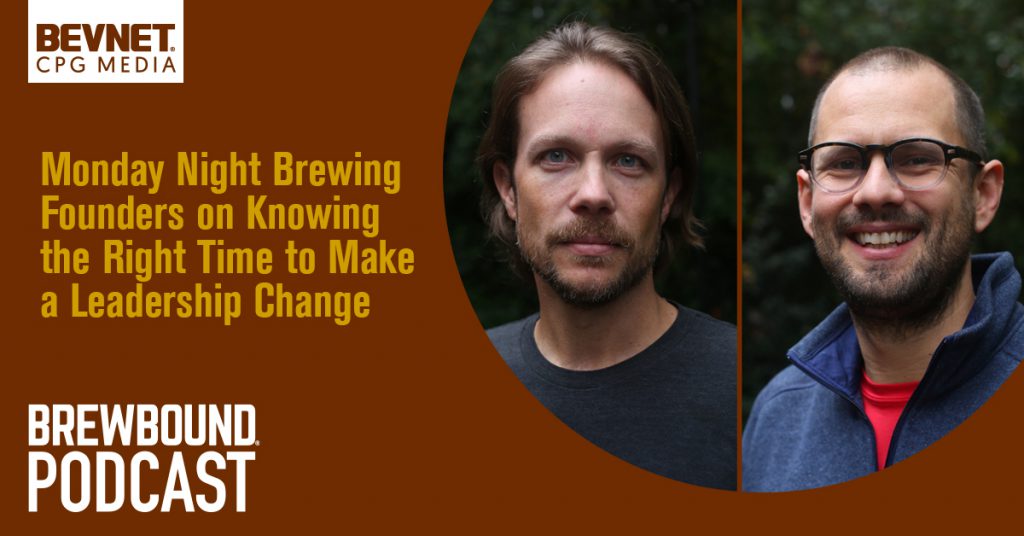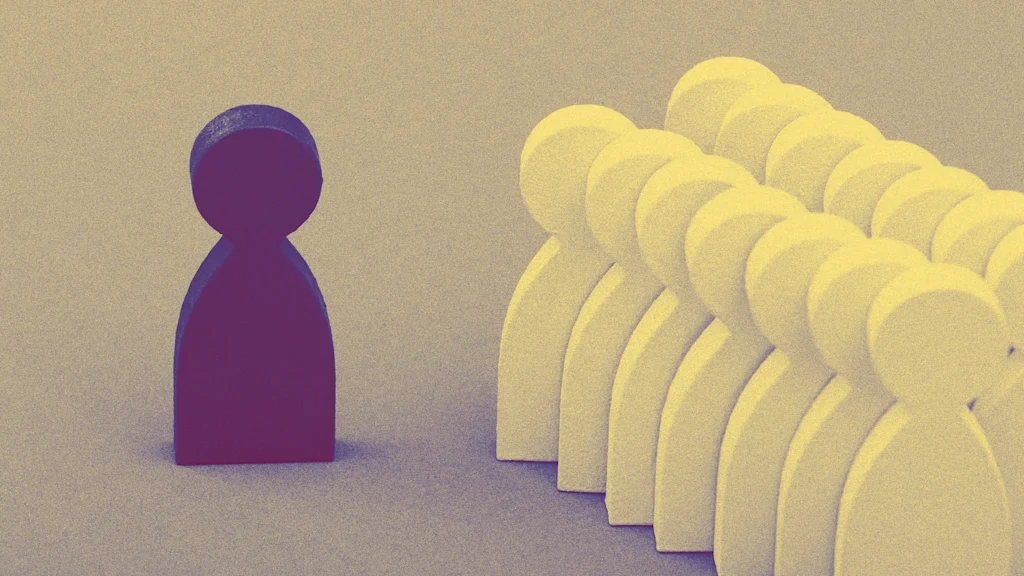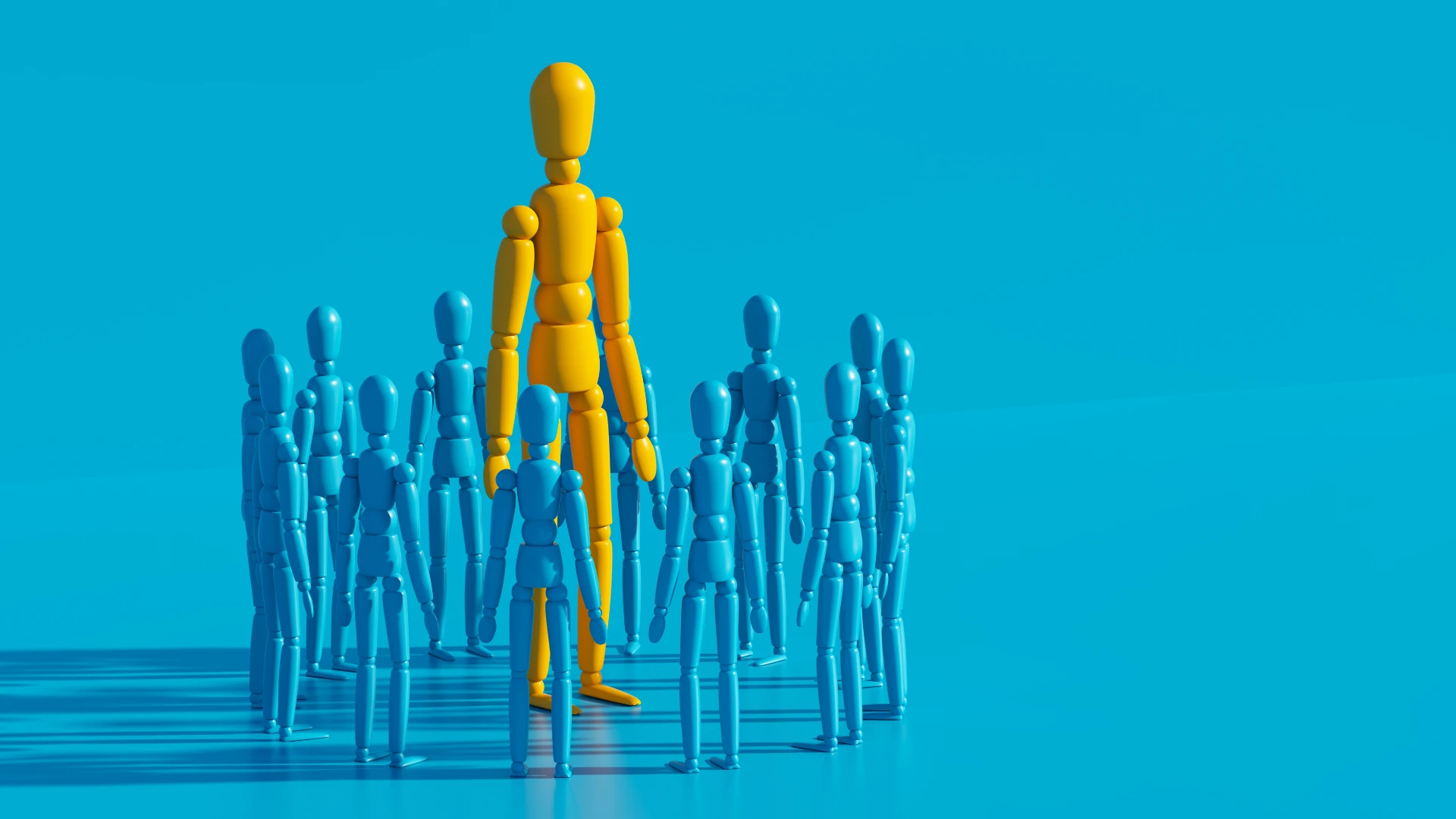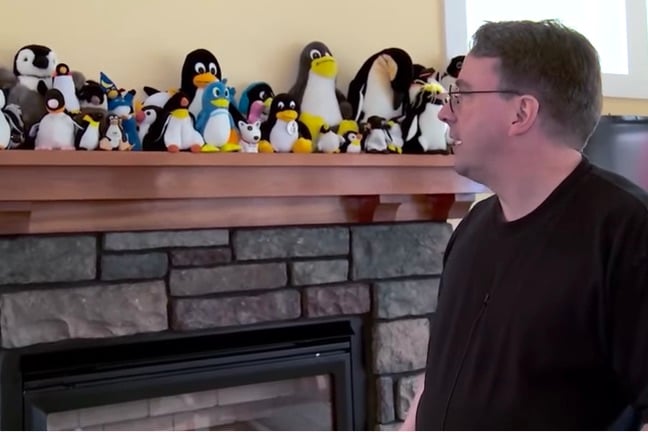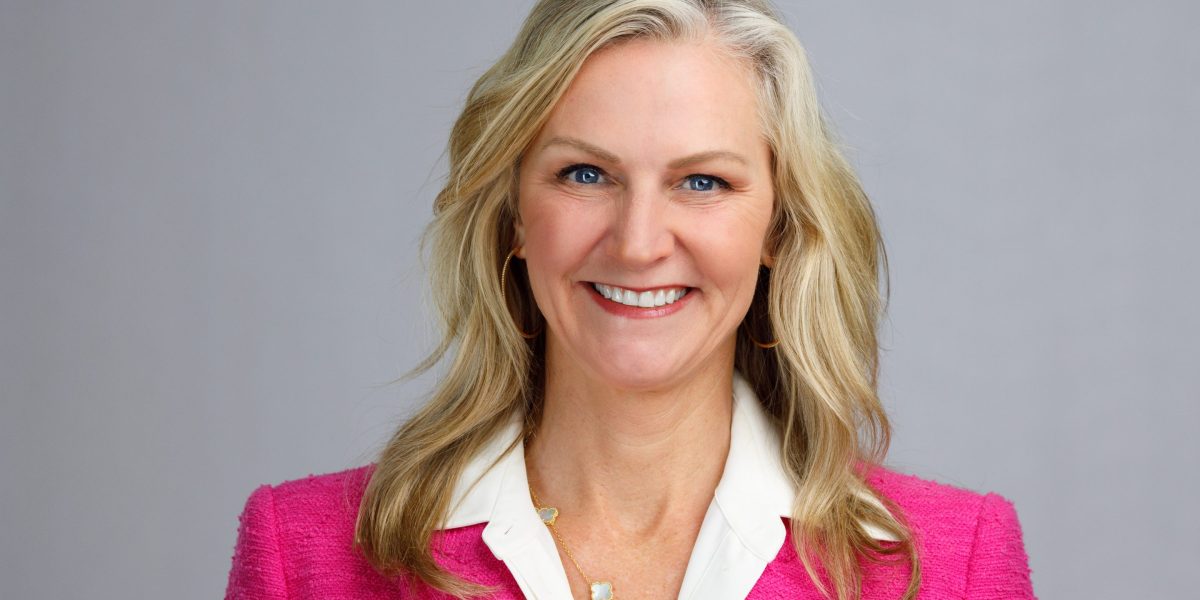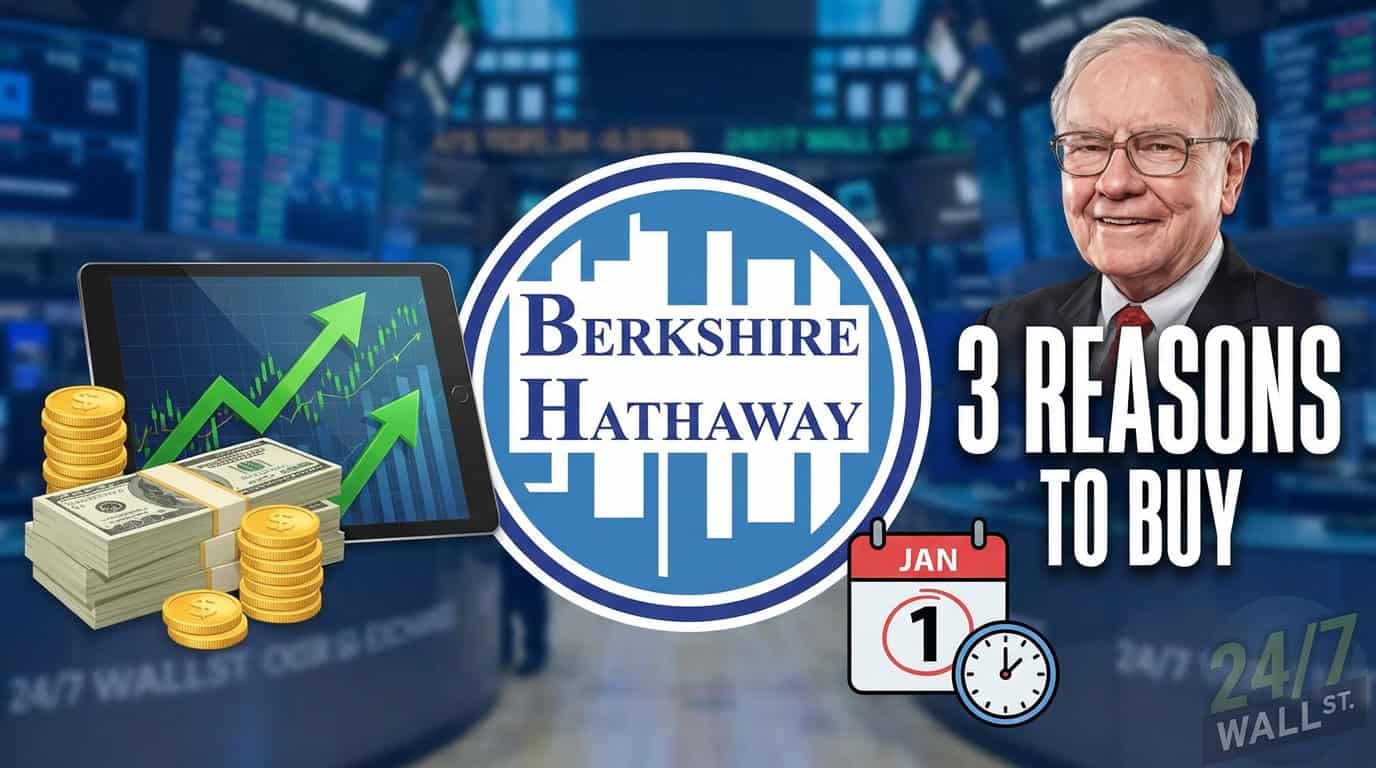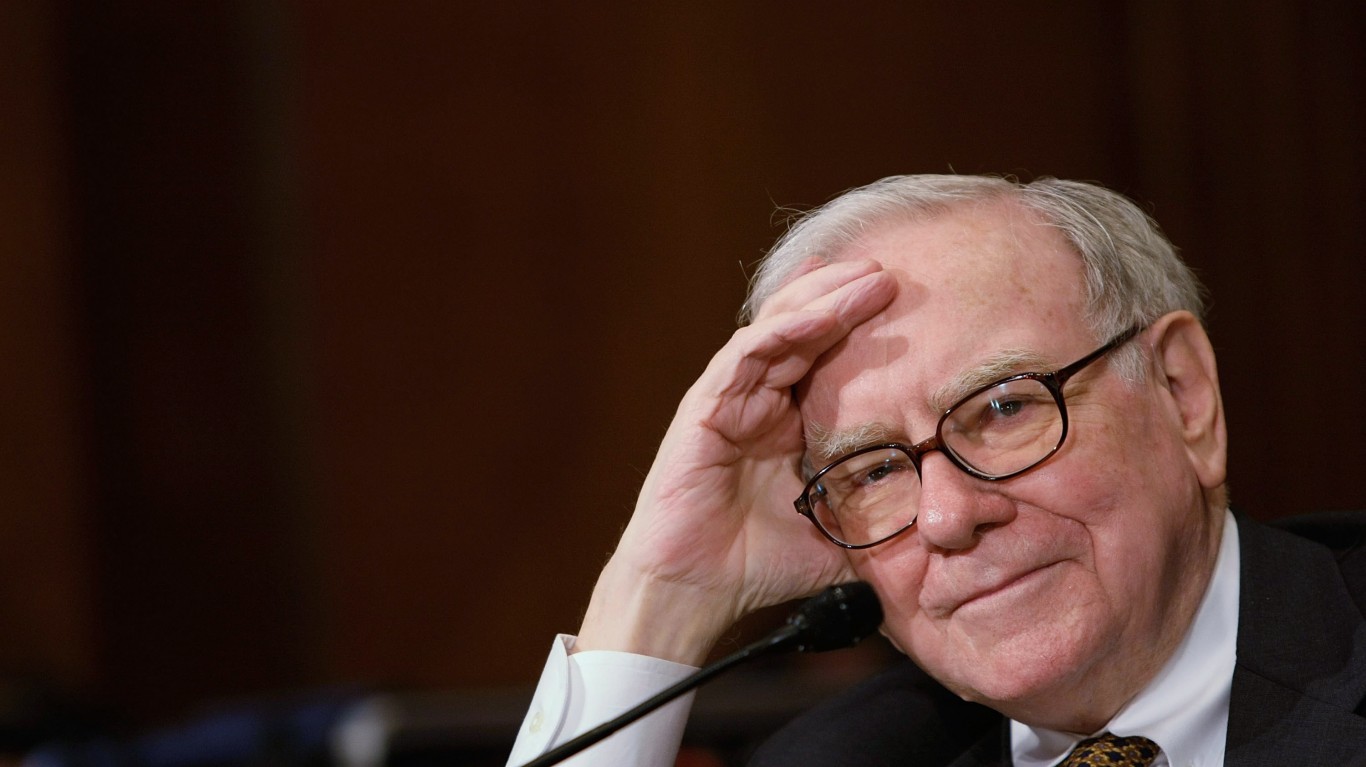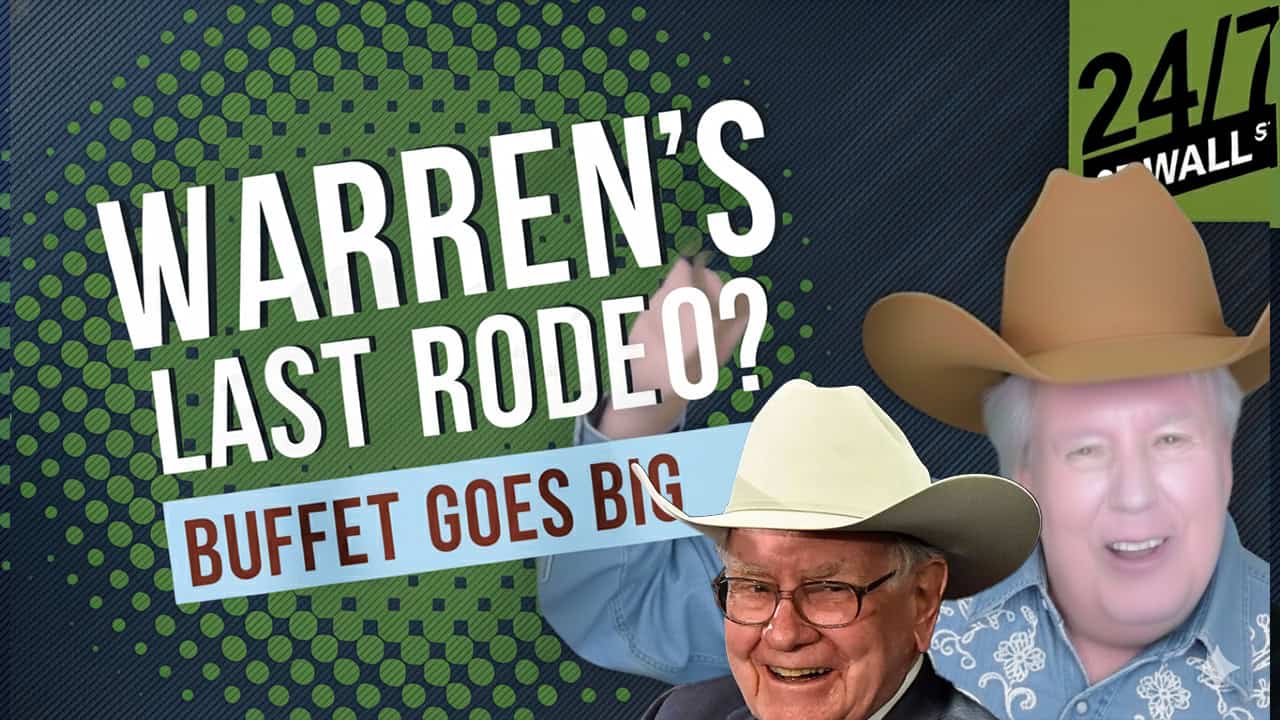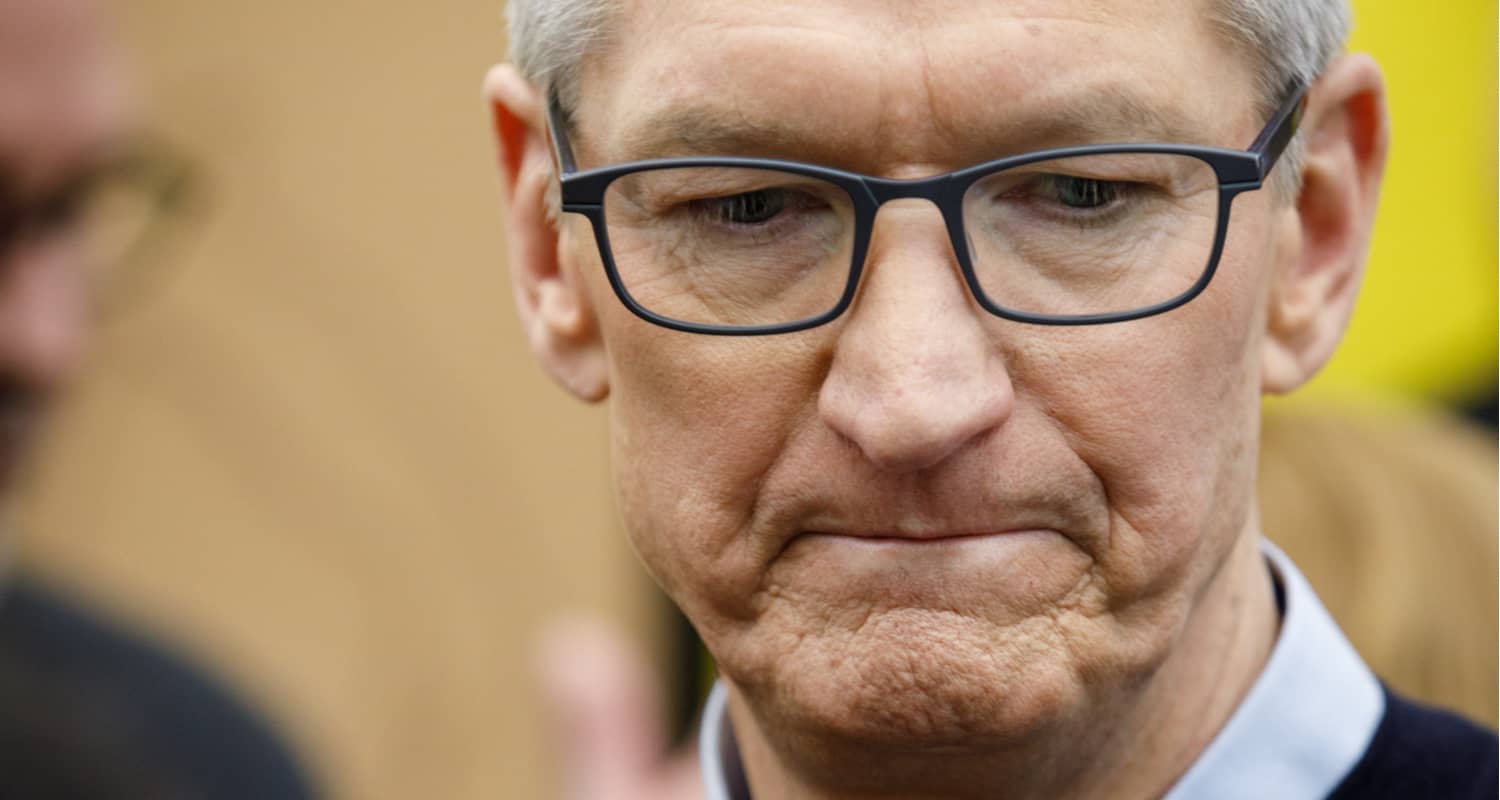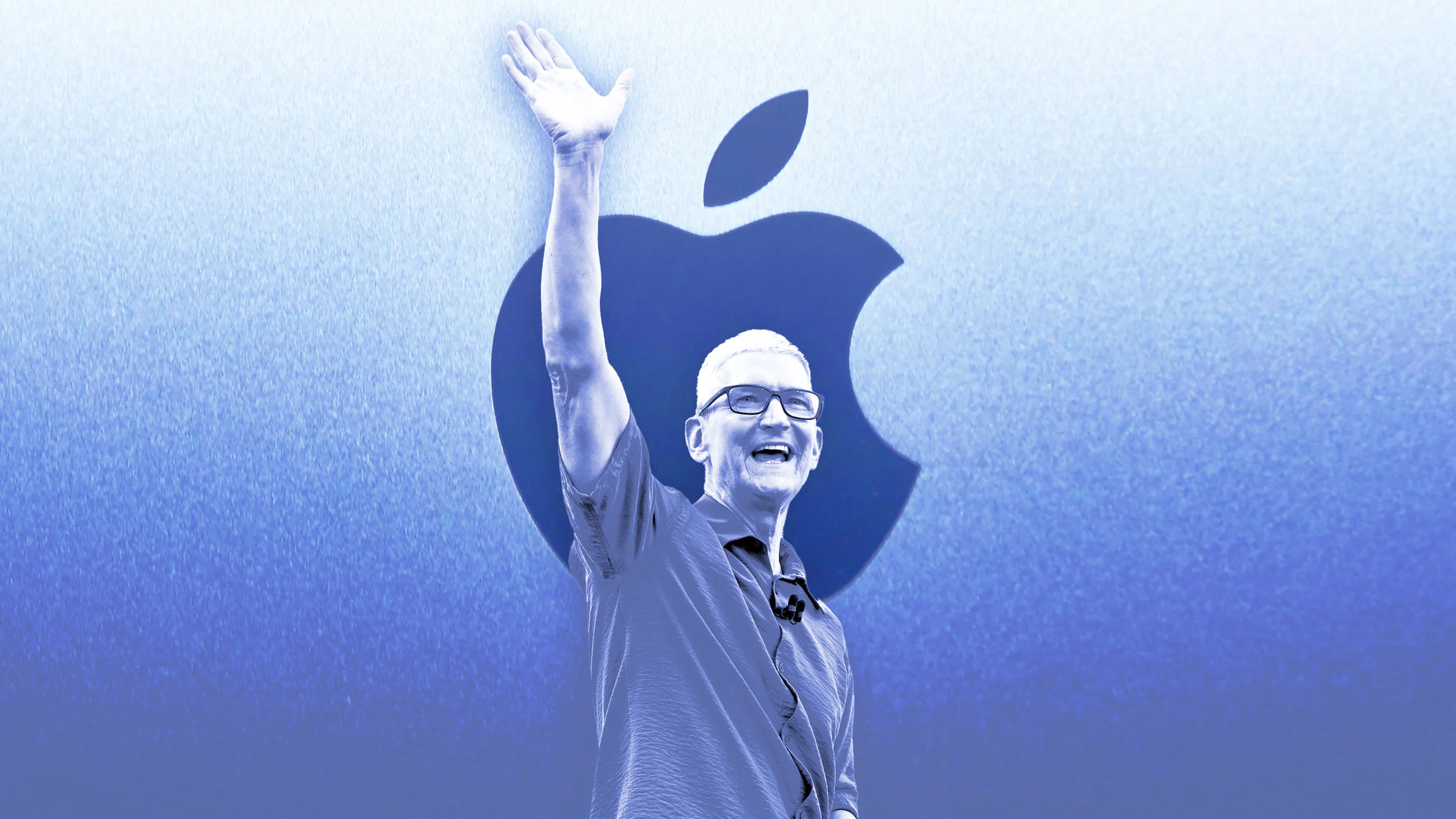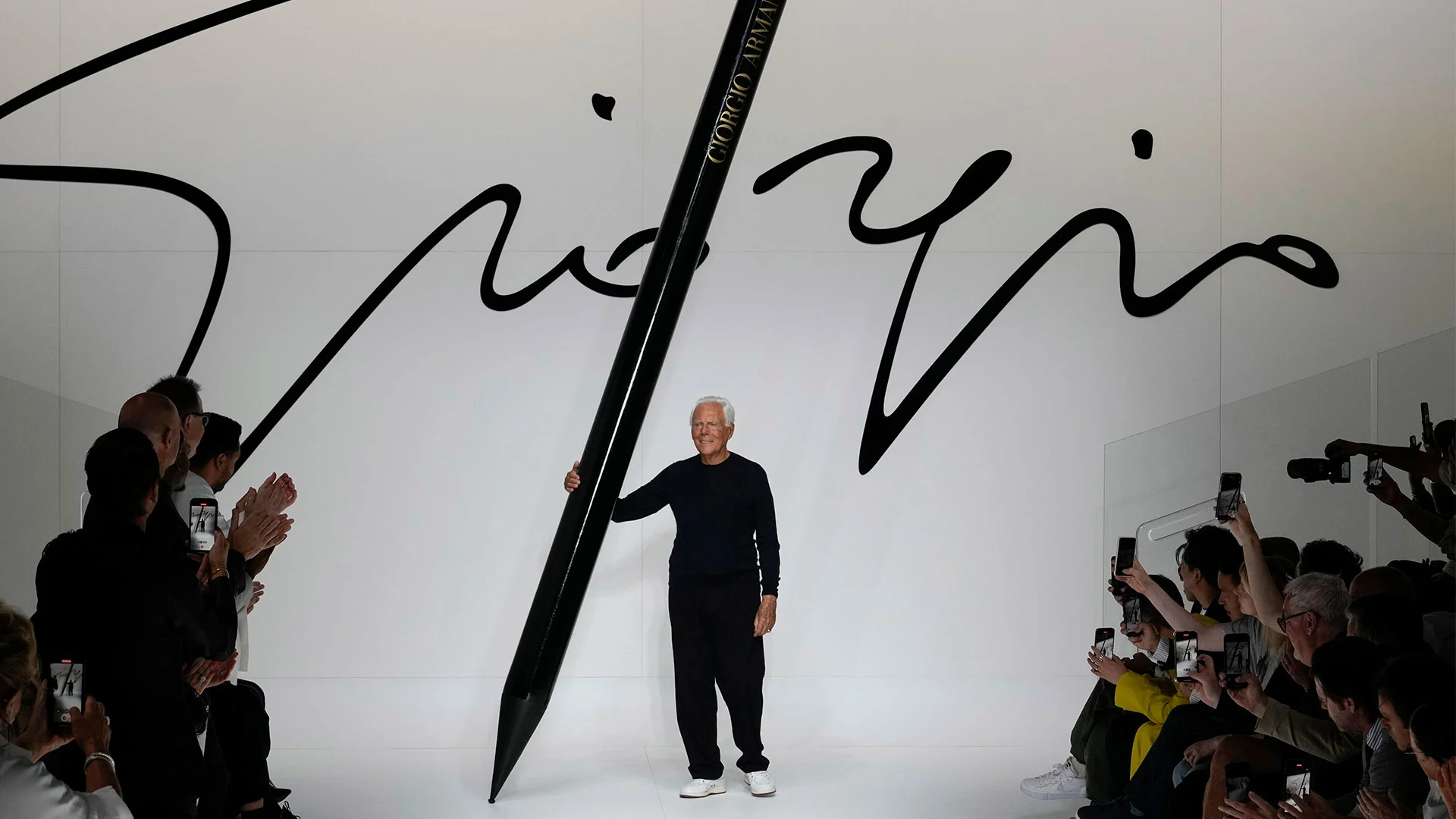#succession-planning
#succession-planning
[ follow ]
fromFast Company
1 week agoWhat is 'wellness governance' (and why you should be practicing it)
Being a leader today requires a new level of performance. One that overrides fatigue, can suppress internal signals, and absorbs constant urgency, all while rapidly context-switching. Simply said, modern leadership demands have increased, and not everyone is-or wants to stay-on board. Today's leaders face growing expectations, dynamic responsibilities, and constant pressure to perform amid deep uncertainty and an ever-accelerating business ecosystem.
Wellness
fromwww.caughtoffside.com
1 week agoArne Slot gives big hint on Virgil van Dijk's future at Liverpool
Everything done over here is never from panic, it's always long term idea and or something that has been thought about for a long time and not only one person. Of course, we are aware of the fact that Virgil won't play for 10 years but he has one-and-a-half years [of] contract left, so he will be with us for that time, maybe longer even longer if he keeps staying fit as fit as he is now.
Soccer (FIFA)
fromRealagriculture
2 weeks agoWhat sets successful farm transitions apart?
Based on years of post-transition reviews, MNP has identified seven traits common to successful farm families, MacLean says. First, they start early. Early planning allows flexibility and time to work through the tough stuff. Clear, respectful communication is the second trait - and it's essential. Families who talk openly and establish expectations avoid the dangerous territory of unspoken assumptions. Farms that navigate the process well have a shared vision.
Agriculture
Careers
fromSlate Magazine
4 weeks agoI've Been Promised a Promotion for Five Years. It's Finally Happening, But There's One Big Problem.
When succeeding a beloved mentor, lead with empathy, clear communication, and respect for legacy while asserting the role's responsibilities to serve the organization.
National Football League
fromSun Sentinel
1 month agoDolphins owner Steve Ross reveals succession plan, says he has received stunning offer for team
Steve Ross intends to keep the Miami Dolphins in the family and named son-in-law Daniel Sillman as his successor after rejecting an offer near $15 billion.
Law
fromBusiness Matters
1 month agoWhen a Workplace Fall Pushes Business Owners to Take Their Future Planning More Seriously
Workplace accidents reveal operational vulnerabilities and prompt owners to strengthen safety, contingency planning, estate planning, and succession to ensure continuity and protect stakeholders.
fromPro Football Rumors
1 month agoFalcons Expected To Hire Matt Ryan As President Of Football Operations
Atlanta is in the process of a notable restructuring. That will include a new head coach and general manager after last night's firing of Raheem Morris and Terry Fontenot. Other moves have been made as well, though. Longtime CEO Rich McKay has continued expanding his role into other areas of the Arthur M. Blank Sports and Entertainment organization, and today marks a key point in a five-year succession plan for his replacement.
National Football League
fromwww.caughtoffside.com
1 month agoReport: Liverpool would have to pay as much as 100 million to sign Salah replacement
According to Italian outlet Tuttosport, the Reds are among the clubs tracking the 20-year-old. Yldz has been one of Juventus' standout performers this season, contributing seven goals and six assists across all competitions. Comfortable operating across the front line or drifting into pockets as a second forward, the Turkey international is viewed by scouts as one of the most complete attacking prospects in Europe.
Juventus
Miscellaneous
fromLondon Business News | Londonlovesbusiness.com
1 month agoWealth that survives generations - London Business News | Londonlovesbusiness.com
European family offices face a major wealth transfer by 2030 while many lack formal succession planning and aligned governance, creating significant transition risk.
fromBusiness Matters
2 months agoBeyond private banking: how entrepreneurs can benefit from true wealth management
Many British entrepreneurs, after building successful businesses and accumulating wealth, look to minimise risk and diversify their assets. Yet in the UK's tightly regulated financial landscape, shaped by evolving tax rules, changing inheritance frameworks, and increasing regulatory scrutiny, this familiar step is only part of the journey. More than just banking solutions, today's entrepreneurs often seek something broader: a complete, compliant approach to managing their wealth - from structuring and succession planning to intergenerational transfers and sustainable investment strategies that traditional banking only partially covers.
Business
fromwww.theguardian.com
2 months agoEngland have no plans to extend Borthwick's contract despite winning streak
The Rugby Football Union has no plans to begin talks with Steve Borthwick over extending his contract beyond 2027 for the foreseeable future despite England's 11-match winning streak and autumn clean sweep. Borthwick's contract runs until the end of 2027 but with England halfway through the current World Cup cycle and currently third in the world rankings, the RFU chief executive, Bill Sweeney, has no immediate intentions of discussing an extension in a sea change from the union's previous approach.
World news
Business
fromFortune
2 months agoWarren Buffett's exit is 'leadership at its most selfless,' McKinsey CEO whisperer says. It's a powerful lesson in Fortune 500 succession | Fortune
Warren Buffett's departure exemplifies selfless leadership and deliberate succession planning that prioritizes Berkshire Hathaway's long-term organizational future over personal tenure.
fromeLearning Industry
3 months ago6 Telltale Signs Of Founder Dependence You Need To Know About
But, despite the indisputable significance of a founder's strong presence to provide direction and shape the culture, is it wise for a company to be unable to survive without them, even for a short time? If a short-term absence of a few weeks halts operations and makes it impossible for everyone to perform their daily tasks, then the organization is not truly thriving.
Startup companies
fromIT Pro
3 months agoHow to pick your next CEO - and ensure they have the qualities of a great tech leader
The research centered around a model that probed the selection of 1,345 CEOs from 900 S&P 1500 firms between 1990 and 2020, and found that generally lower CEO performance versus expectations following succession correlated with higher experience among the directors who chose them. But there was a catch - this was the opposite when the CEO involuntarily left (where previous experience led to a better hire). Where the CEO voluntarily left, previous hiring experience meant weaker performance from the candidate appointed.
Business
Business
fromBusiness Insider
3 months agoThe family office is no longer just for the superrich - here's how even smaller fortunes can use one to last generations
Family office models have evolved so hybrid and virtual approaches let smaller fortunes access professional wealth management once reserved for billionaires.
Fundraising
fromNon Profit News | Nonprofit Quarterly
3 months agoHow to Handle Founder's Syndrome with Grace - Non Profit News | Nonprofit Quarterly
Equip the next board president with candid information about founder-dependent leadership and stalled succession planning to safeguard organizational continuity and healthy transition.
Business
fromFortune
4 months agoJPMorgan's Jamie Dimon gives 100% every single day even after years in the job-just like Football hall of famer Tom Brady | Fortune
Jamie Dimon demands undivided attention in meetings, bans device distractions, expects peak performance from CEOs, and remains JPMorgan's long-tenured leader.
Business
fromFortune
4 months agoJPMorgan's Jamie Dimon faced death and realized he had no regrets-How his perspective shifted after emergency heart surgery | Fortune
Jamie Dimon's emergency aortic dissection triggered immediate succession planning, visible gratitude to medical staff, and a more deliberate but unchanged commitment to his work and life.
Real estate
fromFortune
7 months ago$40 billion real estate tycoon made his son get an MBA, work elsewhere, and climb the ranks for 13 years to prove he's not a nepotism hire
Jorge Pérez's succession plan for his sons involved 20 years of preparation and experience before taking over Related Group as CEO.
[ Load more ]

